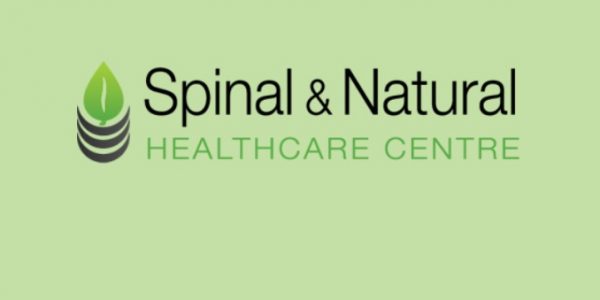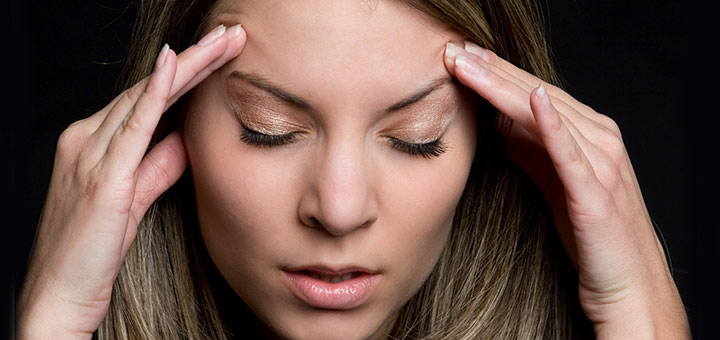Does your teenager complain of frequent headaches? Are they taking painkillers for a headache as frequently as once or twice a week?
Teenagers often suffer regular headaches but fail to tell their parents or GP about them because they see them as ‘normal’. But pain is a warning signal that something (perhaps an injury, lack of sleep, source of stress, diet, etc) needs addressing. Many headaches can easily be avoided along with the detrimental effects they have on your child’s mood, school work, sleep and enjoyment of life.
Popping pills is not the answer. Excessive and persistent use of painkillers can actually cause headaches. Over the counter painkillers have side effects which can include stomach pain, internal bleeding and ulcers. I am really concerned that many teenagers unthinkingly reach for painkillers. It is important to only take them sparingly, to inform yourself of the side effects (this information is included in the packet) and to check with your pharmacist if you are taking painkillers on top of any other drugs.
As with adults, the most common type of headache amongst children and adolescents is the tension type headache. In these headaches the pain can be anywhere on the head, sometimes only on one side and the pain is often described as a dull aching or like having a tight band around the head. It can be accompanied by tightness in the neck and shoulder muscles, difficulty concentrating or sleeping and sensitivity to light or noise.
A frequent and overlooked cause of headaches is the malfunction of spinal bones in the neck and upper back. Teenage neck problems can arise from playing sports but also from carrying heavy school bags, lack of exercise and poor posture or even just awkward sleeping positions. In my experience, a specific spinal adjustment to correct the underlying subluxation (spinal imbalance) can often result in almost immediate improvement for those headaches that originate in the neck with none of the side effects of medication.
In one study,*150 patients with chronic tension type headaches were treated with either a painkiller or a course of chiropractic adjustment for six weeks. During the medication and adjustments both groups of patients reported a reduction of pain and less frequent headaches. However, four weeks after the medication and treatment had stopped, the patients that had undergone the spinal corrective care reported that they still had more than a 40 per reduction in headache frequency and that the headaches they did experience were over 30 per cent less intense. The patients who took the painkillers reported that after they stopped taking them they went back to the same level and frequency of headaches and some were worse off than before the trial.
A small percentage of headaches are warning signals that there is a more serious medical condition but in the vast majority of cases it is the headache itself that is the primary concern. Your osteomyologist or chiropractor will refer you to a GP or appropriate specialist if required.
Many children and teenagers are simply dehydrated and are not drinking enough water during the day and suffering hangover type headaches that can easily be avoided. Encourage your child to take regular sips of water throughout the day. Fizzy drinks don’t count, in my book, as they are often diuretics and either contain artificial sweeteners with worrying side effects or huge amounts of sugar. Fizzy drinks can also harm bone health by preventing the uptake of calcium.
Your osteomyologist or chiropractor will also be able to advise your child about other common headache triggers (stress, poor and irregular eating habits, lack of sleep and irregular sleeping patterns, etc) and simple lifestyle changes that they can make to avoid these triggers.
Work with your teenager to keep a headache diary for one month. Get them to fill in the intensity, frequency and duration of their headaches as well as making notes on their diet, water intake, sleeping patterns and if there were feeling stressed about anything at home or school. Headache diaries are a great way of identifying what is triggering their headache and will be immensely helpful to your GP or spinal health practitioner in devising ways of avoiding and treating regular headaches.
*Boline, P. et al (1995). Spinal Manipulation vs. Amitriptyline for the Treatment of Chronic Tension type Headaches: A Randomized Clinical Trial in Journal of Manipulative and Physiological Therapeutics, 18 (3), pp: 148–154.


Loved your article. Why don’t more people take the time to read this information. I read an article that proved 90 of chiropractic patients had a thirty percent abatement in pain within 6 months. I don’t understand or can figure out why others are not utilizing chiropratic help.